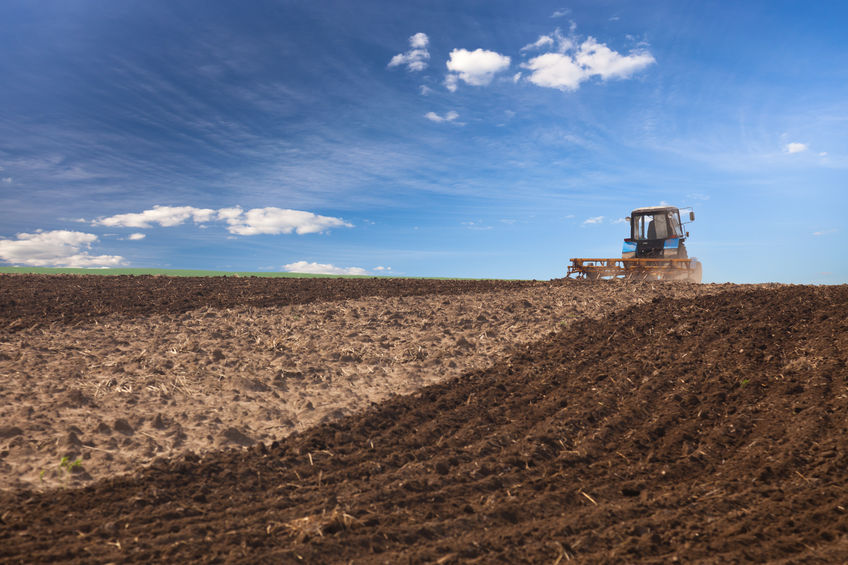
A major new research study shows that farmers could remove nearly 200 million tonnes of CO2 – the equivalent of closing 50 coal power plants - from the atmosphere.
They can do it by making one simple change to farming practices, according to the report.
The report is an in-depth analysis of the potential of European soils to convert to 'conservation agriculture' (CA).
It shows that switching would remove emissions from the atmosphere equivalent to over one fifth of the EU's entire commitment to emission reductions by 2030.
Co-author Professor Gottlieb Basch said: “The potential of CA is huge. Every four hectares converted to CA negates the average annual emissions of a European citizen. There is no other solution like this out there.
“Current projections of carbon emissions and emission reductions show the EU falling short of commitments made under the Paris Agreement, but conservation agriculture can bring us a big step closer,” said Basch.
“We are told time and time again that agriculture is a problem when it comes to climate change so we’re delighted to launch this report which has clear evidence that farming under Conservation Agriculture can be a solution too.”
Reap benefits
Conservation agriculture involves three key principles: minimum soil disturbance (no-tillage), permanent organic soil cover through crop residues or cover crops, and practicing rotations or crop diversification in annual crops.
The UK has the highest percentage of no-till farming on arable land (8.27%) among the big five EU countries - France (1.75%), Germany (1.34%), Spain (7.74%) and Italy (4.74%).
The report states that the combination of these methods results in greater yields, fewer inputs, greater biodiversity, improved soil structure, reduced CO2 emissions, carbon sequestration, less water run-off and greater profitability for farmers.
In their recent submission to the Common Agricultural Policy consultation, the European Conservation Agriculture Federation (ECAF) called on the European Commission to recognise conservation agriculture, and its three pillars, as an equivalent to greening in order to incentivise uptake.
The report said that incentivising conservation agriculture will allow the EU to reap the benefits of this holistic farming system.
“When we see Donald Trump pulling out of the Paris Agreement, it becomes all the more important that the EU steps up to the plate.
“We have this huge opportunity to remove 189 million tonnes of CO2 from the atmosphere while securing farming as a more sustainable practice. What are we waiting for?,” said Basch.
